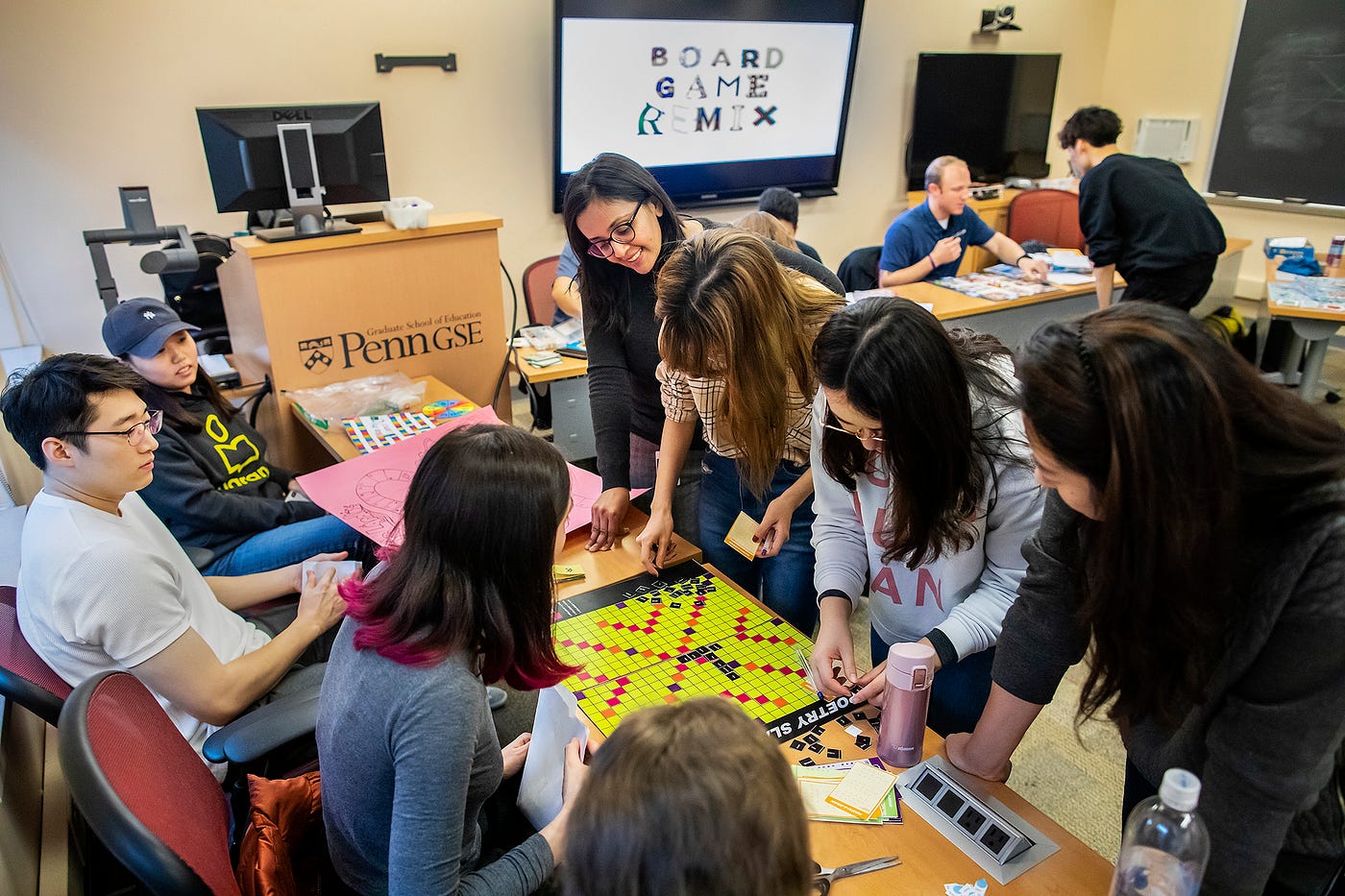Many students feel anxious when they need to speak in English. This paper examines the impact of board games on the speaking anxiety level of polytechnic students.
Using a game like Jenga, where you are given categories (like color) and have to think of words that fit those categories, encourages students to push their vocabulary.
Improved Communication Skills
Board games can improve pupils’ communication skills by allowing them to interact with their peers. This interaction enables them to practice using different grammatical forms and vocabulary in a stress-free environment. In addition, they can also learn from their peers’ pronunciation, which can be beneficial for their overall fluency. Pupils reported that they enjoyed the speaking lessons where board games were used as they felt less bored and more confident. Moreover, they reported that their speaking skills improved as using board games reduced their shyness and apprehension in communicating with their peers.
Another benefit of board games is that they help develop pupils’ listening skills. They can listen to their peers’ responses and make comments on them. Furthermore, they can also learn the rules and regulations of the game and use their vocabulary in the process.
Moreover, these games can help increase students’ focus and lengthen their attention span. However, it is essential to note that board games should not be used to replace traditional classroom activities. Teachers should monitor the pupils’ speech and language skills during the games so that they can correct them as needed. However, it is essential to understand that overcorrection can hurt pupils’ self-esteem and confidence in speaking. Thus, it is crucial to provide them with a relaxed and comfortable atmosphere in which they can express their opinions freely.
Increased Vocabulary
A great way to enlarge vocabulary is through board games. These games allow students to explore new words and put the vocab they already know to work. They also help them to practice spelling and pronouncing those words. Students can enjoy exploring new words and be more engaged in their English studies.
Board games promote collaborative learning, and students are encouraged to work together to reach the game’s goals. They also have to pay attention to their teammates and are more likely to communicate their thoughts and ideas. Some games imitate real-life circumstances, which subconsciously help pupils develop their social skills and flexibility.
Many researches have shown that using board games for learning English positively impacts pupils’ attitudes towards speaking. This is because the gaming atmosphere allows pupils to be relaxed and motivated. They are not stressed out or feel uncomfortable like they do when participating in conventional speaking activities.
The gaming environment of the board game can lower pupils’ affective filters and motivate them to speak more freely. Furthermore, it encourages them to be more creative and think critically while playing the game. Moreover, it enables them to be more flexible in the use of language, as they can change their wording or strategies when they are in trouble.
Improved Listening Skills
In a game, pupils must listen to other players’ ideas and opinions. They also have to make sure they understand what is being said. In addition, they may need to ask questions and provide their input to the game. This requires listening skills, which can be enhanced by playing board games in English class.
Board games offer a new form of learning that is both interesting and entertaining, making them ideal for language learners. The context-relatedness of the games helps to lower their affective filters and enhance their performance in learning. This is because the language used in the games is the same as that of real-life situations and thus helps to promote their communication competence.
Furthermore, the games help improve pronunciation clarity by teaching pupils how to blend and segment sounds, distinguish different phonemes, pronounce words in the correct order, and know the differences between words such as /s/ and /z/. Repeating words their peers mention during the game also enables them to remember their pronunciations better.
Increased Motivation
In many ways, board games can be a powerful way to motivate students in their foreign language learning. They create a fun and relaxed atmosphere that lowers students’ affective filters, making speaking in English easier without feeling anxious or uncomfortable. Furthermore, they provide a fun and unique way for students to learn and practice new vocabulary and grammar in a natural context. This can help them feel more confident speaking in English outside the classroom.
In addition, the immersive and interactive nature of board games makes them highly motivating for students. They can move game chits or meeples around a board and engage in conversation with their friends, making them more interested in talking in the target language than otherwise. Furthermore, if students are doing well in the game, they can brag about their success to their peers, encouraging them to continue speaking in the target language.
Finally, studies have shown that playing board games improves fluency and grammar. Pupils’ pauses, repetitions, and fillers were minimized in their speech, and they could express their opinions in the target language without hindrances. These improvements led to a significant increase in pupils’ motivation to learn English.
